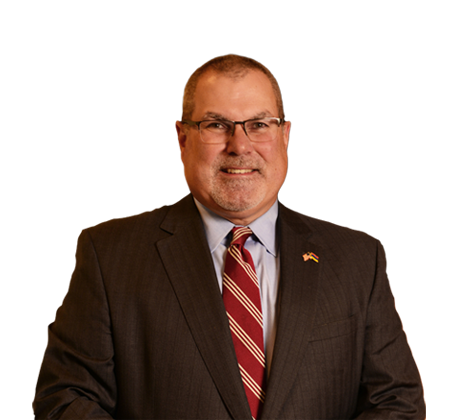As most employers have probably heard, sweeping changes to overtime compensation rules are around the corner.
On July 6, 2015, the United States Department of Labor issued a Notice of Proposed Rulemaking that is expected to drastically change the regulations governing eligibility for overtime pay protection under the Fair Labor Standards Act. Some experts estimate that the proposal will extend overtime eligibility to an additional 4.6 million workers within the first year of its implementation by increasing the minimum compensation and salary levels required for exemption. While the precise effective date is not yet known, most believe it will occur in late 2016.
The current salary threshold for any exemption is $455 per week ($23,660 per year). The proposal will increase this threshold to the 40th percentile for full-time salaried workers’ weekly earnings, $970 per week ($50,440 per year). The proposal will also raise the total-annual-compensation requirement for exempt highly-compensated employees from $100,000 to $122,148, the 90th percentile of weekly earnings of full-time salaried workers. The proposal will automatically update the salary and compensation levels to ensure that they continue to be an effective test for exemption.
The Office of Management and Budget recently released the Fall 2015 Unified Agenda and Regulatory Plan indicating that the final rule could be released as early as July 2016. Department of Labor officials have suggested that the rule is more likely to be issued closer to the end of 2016, but with sufficient time for the rule to take effect before President Obama leaves office in January 2017. The effective date of the rule change will likely not exceed 30 to 60 days after the final regulation is published. Although employers are not required to make any immediate changes, employers should anticipate the new regulations going into effect within the next six to ten months and plan accordingly.
Employers should consider preparing for the changes by conducting an exemption audit. This requires identifying the currently exempt employees making between $23,660 and $50,440. Exempt employees earning less than $50,440 will no longer qualify for an exemption once the rule is finalized, regardless of the employee’s duties or position. Employers should identify these employees within their organization and evaluate the hours those employees typically work per week to obtain a better understanding as to how the rule will impact the bottom line. Employers may wish to consider possible adjustments for employees in this salary range, including reclassifying the employees as nonexempt, increasing their salaries, or exploring other options under the Fair Labor Standards Act.
Employers should also be prepared for the subsequent periodic increases in the minimum salary threshold. The Department of Labor has proposed that the salary threshold for exemption increase at regular intervals based on an index-of-inflation or salary-level benchmark. Employers should be mindful that increases to the salary threshold may outpace employee salary increases in future years. This means that employees who remain exempt when the regulation is finalized may not be exempt if the minimum salary threshold exceeds the employee’s salary in the future. Employers should consider implementing a process for tracking increases to the salary threshold and making appropriate adjustments to existing employee salaries or classification. By the same token, employers should be mindful that an increase in an employee’s salary or promotion may make an employee eligible for exemption, assuming the employee otherwise meets the exemption’s requirements.
Should you have any questions pertaining to the rule change or preparing for its implementation, please contact Scott Ohnegian, Daniel Zappo, or any member of Riker Danzig's Labor & Employment Group.






